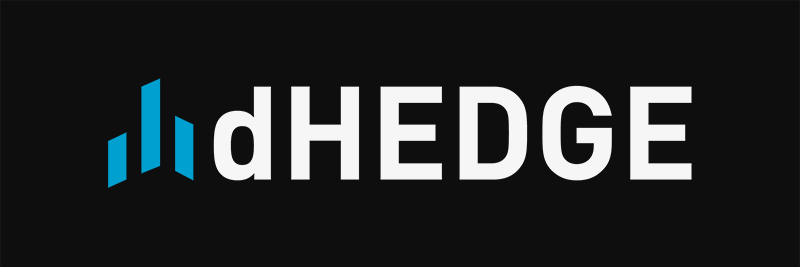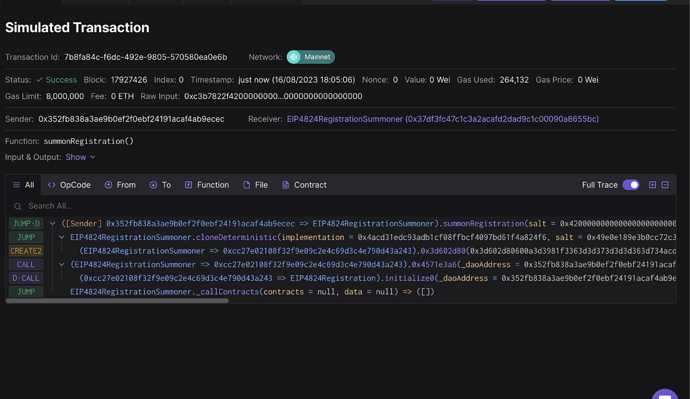Abstract
The EIP-4824 standard defines common interfaces for DAOs via daoURI, akin to tokenURI for NFTs. This proposal will extend dHEDGE DAO to EIP-4824 by deploying a new registration contract through a contract interaction with the EIP-4824 factory maintained by DAOstar.
This proposal does not involve any transfer of funds or changes to dHEDGE’s contracts. DAOstar, with the help of a recent grant from Optimism, will help generate a daoURI to help dHEDGE adopt EIP-4824.
Motivation
EIP-4824 defines global interfaces for consuming and reporting DAO data. The absence of such infrastructure has been holding back the DAO ecosystem - many new DAOs/ DAO frameworks have zero visibility on aggregators, most tooling providers have a hard time ensuring compatibility for different types of DAOs, there is no comprehensive, self-maintaining registry that stores DAO-information, etc. By defining a simple JSON schema, EIP-4824 provides a method for DAOs to self-publish information irrespective of their architecture or the chain they exist on.
Adopting the EIP-4824 standard will enrich the on-chain information availability of dHEDGE DAO’s governance contracts, making it easier for existing and future DAO tools to seamlessly interact with the contracts. A specific example is enabling members to interact with the dHEDGE governance contracts through different front-end interfaces, potentially across multiple chains. Some of the tools that are digesting or committed to digesting this enriched information include Snapshot, Tally, Etherscan, DeepDAO, and other members of DAOstar One.
Recent EIP-4824 Updates:
- Snapshot X, Aragon V3, Moloch V3 and multiple other governance frameworks have integrated EIP-4824.
- Optimism awarded DAOstar a $100k grant to help DAOs on Optimism adopt EIP-4824.
Note that adopting EIP-4824 does not require any parameter changes to dHEDGE’s existing DAO contracts, nor is there any cost besides gas to call the factory contract. The proposal does not in any way change the way that dHEDGE’s governance works.
Specification
If passed, the dHEDGE DAO will upgrade to EIP-4824 by calling the EIP-4824 registration contract located at 0x37df3fc47c1c3a2acafd2dad9c1c00090a8655bc, setting the DAO Treasury multi-sig as its admin and Joshua Tan (thelastjosh.eth) of DAOstar as its manager. No funds will be transferred.
The registration contract exposes a daoURI view function which returns the URI containing the EIP4824 compliant registration JSON document.
This executable proposal will execute the following calls to complete the contract upgrades:
- Call
EIP4824RegistrationSummoner.summonRegistration(salt, daoURI,manager, contracts, data)
New clones are deployed to predictable addresses using the message sender and a bytes32 value combined as a salt.
Roles and Access Control
There are only two actions possible in the registration contract: (1) changing daoURI and (2) changing the role structure.
A manager can modify the daoURI but not the roles while an admin can modify both the daoURI & the role structure.
During registration, admin roles are granted to the treasury multi-sig. A manager role is granted to Joshua Tan (thelastjosh.eth) of DAOstar.
Deployment Details
The registration factory contract is deployed to nearly all EVM chains. The mainnet address is 0x37dF3fC47C1c3A2acaFd2Dad9c1C00090a8655Bc.

